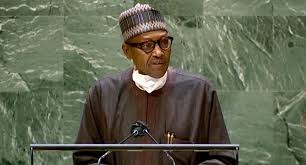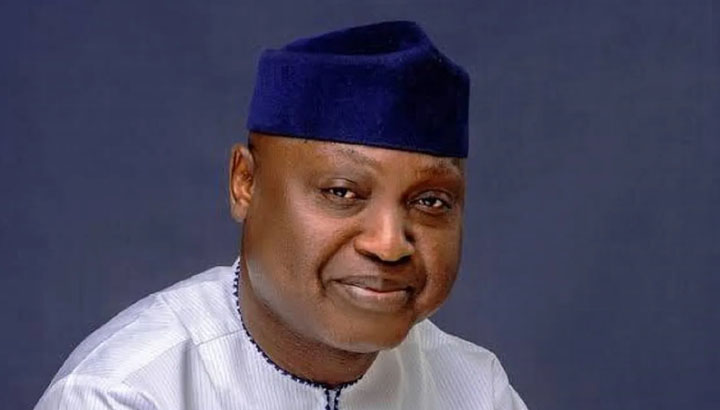How Nigerian leaders lost the trust of the people

How Nigerian leaders lost the trust of the people
By David Pilling
The government collects a tiny fraction of output in taxes, with the result that the populace expects very little in return.
One measure of the trust that a nation’s people have for the state is the amount of tax they are willing to pay. However grudgingly, under an unwritten social contract people agree to part with a share of their income in the belief that the state will spend it more or less wisely. The public goods provided range from schools, hospitals and roads to police, national defence and the running of the government itself. Everyone benefits from improved services, a better educated and healthier population, safer streets and protected borders. On this measure, trust in Nigeria’s state is at rock bottom. According to the IMF, the country collected 6.3 per cent of gross domestic product in tax in 2020, the lowest proportion in the world, and far below the bare minimum the World Bank says is necessary for a functioning state. Though there have been halfhearted efforts to raise the tax base, the story remains unchanged: Nigerians pay very little tax and expect very little in return. In this, the state does not disappoint. Of the country’s 210mn people, some 90mn have no access to electricity. About 20mn of Nigeria’s children are out of school. With no social safety net, some 40 per cent of Nigerians live in absolute poverty, defined as earning less than $1.90 a day. Nigeria has a semi-decent road network, at least between big cities such as Lagos, Ibadan, Port Harcourt, Abuja, Kano and Kaduna. But security is so poor that many people are too afraid to use it. Nigeria’s security forces, mostly underpaid and under-equipped, are in a war of attrition against gangs of bandits, separatists, extortionists, kidnappers and terrorists. The state of insecurity suggests they are losing. It is easy to see how Nigeria got here. For half a century, it has been pumping oil in quantities large enough to pay for a small elite, but not large enough to raise everyone’s living standards significantly. According to calculations by Stefan Dercon, an Oxford professor, in 2010, when oil prices were riding high, Nigeria made $54bn from oil and gas, of which $38bn ended up in federal government hands. That equates to only $340 per capita against $1,206 in Algeria, $2,965 in Gabon and a hefty $7,477 in Saudi Arabia. In those circumstances, the name of the game becomes getting hold of oil rent. With almost no money left over to fund public services, those who can afford it simply opt out. They generate their own energy. They send their kids to private school at home (or preferably abroad). They go to private hospitals. Even Muhammadu Buhari, president since 2015, spent much of his first fouryear term in London seeking medical care that was presumably not available at home. With nothing to gain in return, it is hardly surprising that those who can afford to pay taxes are reluctant to do so. The consequences are corrosive. The rule becomes everyone for themselves. At its extreme, this turns citizens and organisations into extortionists — the mirror image of the extortionary state. One of Nigeria’s growth industries is kidnapping. In the year to June 2022, according to SMB Intelligence, a security consultancy, 3,420 people were abducted, with a further 564 killed in incidents associated with abduction. Families see little point in contacting police and many negotiate directly with kidnappers, paying in total hundreds of millions of naira in ransom. Oil theft is another extortionary racket. This month, the Nigerian National Petroleum Company estimated that 400,000 barrels of oil were being stolen every day. Nigeria has an Opec quota of 1.8mn barrels but is only able to meet about 1.13mn, the lowest in 50 years. In the Delta states where most onshore oil is pumped, the government regularly pays off the extortionists who blow up pipelines or employs them as poachers turned gamekeepers. State refineries have not worked properly for years. But there has been a proliferation of illegal refineries processing stolen oil. In April, more than 100 people were killed when one blew up. Next year, Nigeria will get a new president and a new legislature after elections in February and March. In Abuja and Lagos, the chatter is of little else. Yet unless the next government can rewrite the social contract between the state and its citizens, it doesn’t much matter who wins. If a state cannot make its presence felt through even mildly effective tax and spending, it will not only be weak, but part of the extortionist problem. Unless the Nigerian state can somehow change course, it is hard to see how the centre can hold.


